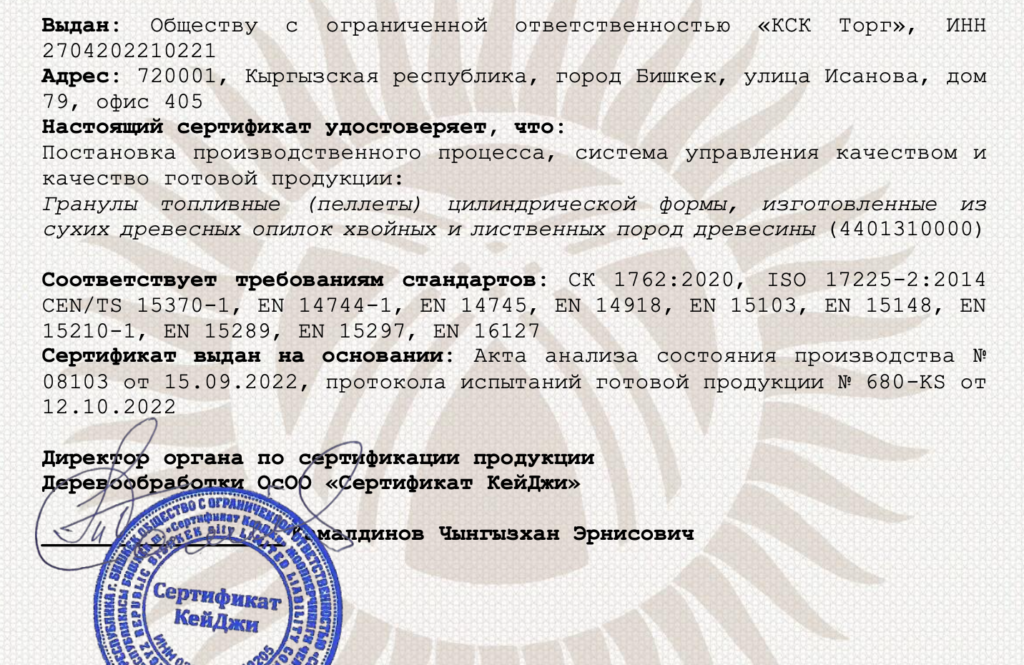The position of a small state, caught between two giants — the global (USA) and regional (Russia) powers — compels Kyrgyzstan to continually manoeuvre to protect its national interests.
Following the embargo on importing dollar banknotes into Russia (March 2022), Kyrgyz banks didn’t have time to order cash from their bank correspondents for subsequent export to Russia before facing objections from the American side. On March 11, 2022, the National Bank swiftly introduced a ban on exporting cash dollars by banks, microcredit, and microfinance companies. (Incidentally, the Kazakh regulator implemented a similar ban around the same time). In early August 2022, a ban on exporting precious metals over a certain amount followed, significantly complicating re-export schemes for sanctioned Russian gold.
In October-November, Kyrgyz banks began to decline service for Russian Mir system cards, seemingly in unison. Notably, neither the Americans nor the Europeans issued official statements demanding this action; it’s an example of classic soft power — subtle pressure.
By the end of 2022, the international OCCRP investigative network, presumably with tips from interested Western agencies, published a report that exposed schemes for fictitious exports of timber and its products from Kyrgyzstan. The intrigue of this scheme is that the mountainous country doesn’t produce wood for export due to a lack of raw materials. The investigation published a certificate of origin issued by a local company, KG Certificate (which we verified isn’t even registered with the Kyrgyz Accreditation Center as a conformity assessment body).
In response to the emergence of such schemes, the country’s leadership opted not to investigate them directly but to make a relatively neutral move: banning the export of timber altogether.
On February 7, 2023, the Cabinet of Ministers issued a resolution establishing a 6-month ban on exporting wood and timber from Kyrgyzstan outside the customs territory of the EAEU. In essence, this is an elegant way to halt the practice of issuing fake certificates — there is no actual wood export anyway. Generally speaking, they banned the export of virtual wood.
Following a similar line of reasoning, on February 17, 2023, the Cabinet of Ministers introduced a six-month ban on the export of mineral fertilizers outside the territory of the EAEU. Interestingly, this cannot be attributed to concern for providing adequate fertilizers to local agricultural producers; otherwise, an outright export ban would have been imposed. Additionally, Kyrgyzstan doesn’t produce mineral fertilizers, only natural ones such as cow dung (in fact, fertilizers are actively imported from Uzbekistan before the start of the season, including via smuggling). Re-export schemes through Kyrgyzstan for fertilizers are impractical, given the extensive transportation distances (at least 5,000 kilometers from the Russian production regions to Kyrgyzstan and then to Europe). Hence, this is another effort to combat fake certificates.
What other export bans are in the pipeline? Officially, it was announced that in 2022, Kyrgyzstan increased coal exports to 1.5 million tons (according to official statistics, within four months of 2022, only 100,000 tons were exported to Uzbekistan, which typically imports the majority of coal from our southern regions, so draw your own conclusions). In the summer of 2022, news emerged that Kyrgyzstan started exporting coal to Latvia and Poland. Considering transport tariffs and shipping costs, this seems implausible. As a result, we can anticipate some form of regulation that will maintain actual coal exports to Uzbekistan and Tajikistan while eliminating the rest.
Calls from our Western partners are growing louder. In an interview with the Financial Times, EU Special Representative for Sanctions David O’Sullivan stated that the EU is actively examining suspicious growth in exports from the EU to Russia’s neighbours. The same EU authorities are also investigating dubious imports from the region’s countries to the EU. Consequently, we should expect further government measures to ban the export of additional virtual cargo.
Alexei Gorin





